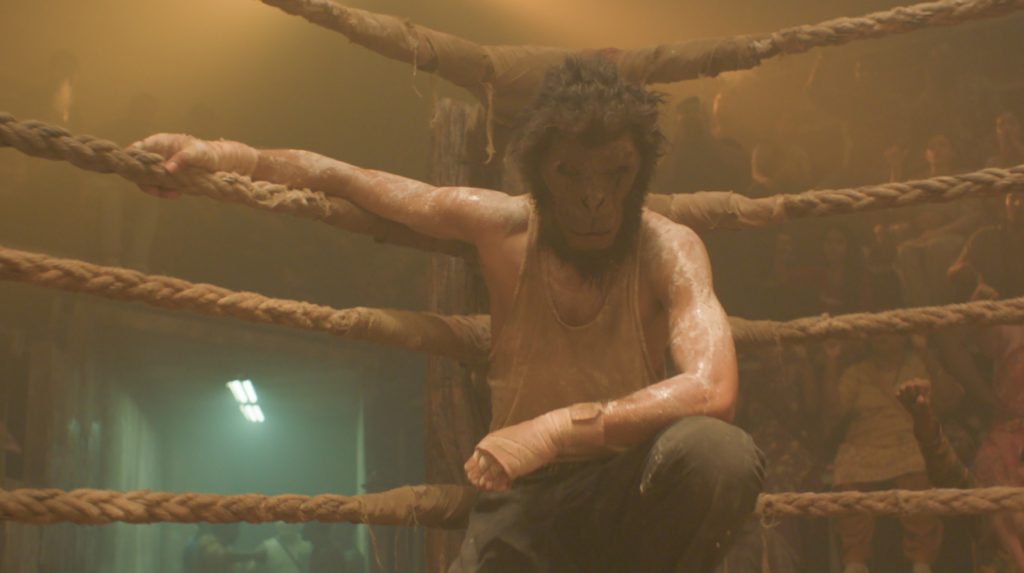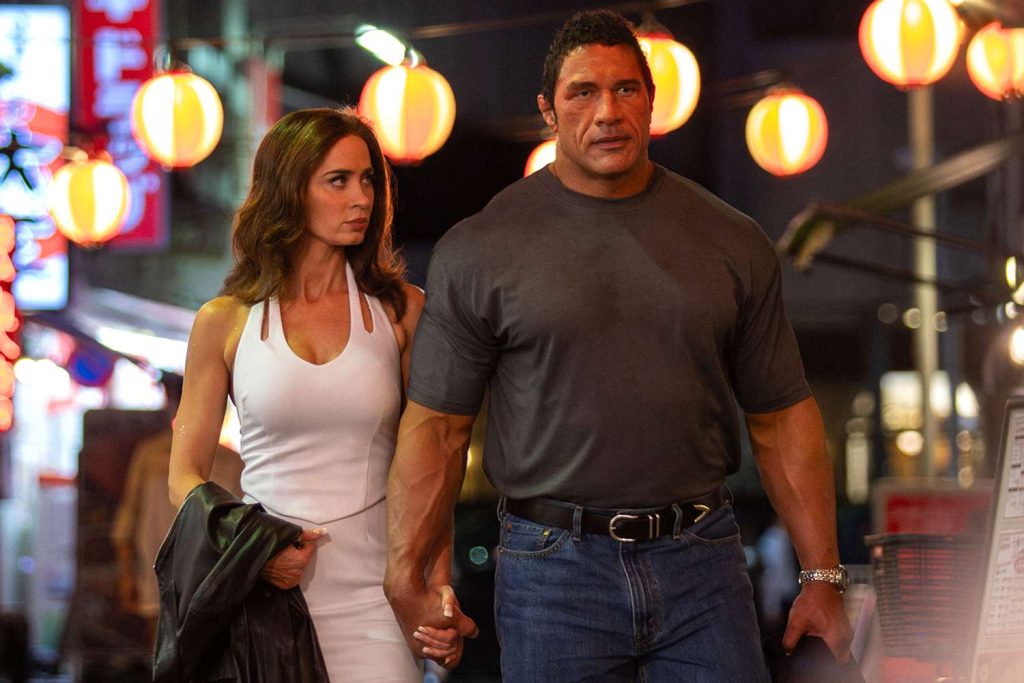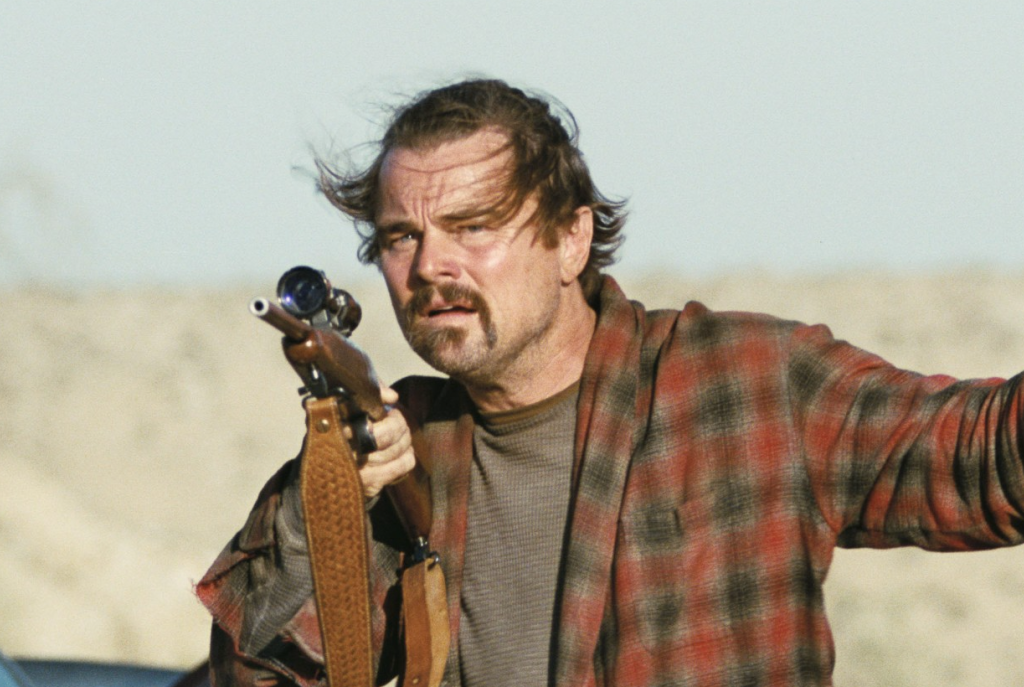Monkey Man is actor Dev Patel’s feature directorial debut; he not only directs but stars, co-wrote, and co-produced. There’s a restless energy to the entire production, a sense of a first-time filmmaker throwing in everything he wants to do, since he’s not sure he’ll get the chance again. This is not an uncommon quality of debut features, and sometimes it’s part of the appeal — their enthusiasm is infectious, their ambition admirable. That happens for much of Monkey Man, but at a certain point, it’s just too much, the picture going on and on, and growing progressively bleaker and more brutal. It’s a discombobulating experience. I was with it, until I just wasn’t.
Patel’s story (co-scripted with Paul Angunawela and John Collee) is inspired by the story of Hanuman, an Indian icon representing courage and strength. Hanuman is the monkey man of the title — or maybe it’s Patel, as “Kid,” who spends night after night taking beatings as an underground fighter, wearing a gorilla mask in the ring (which can’t be ideal, at the very least in terms of peripheral vision). But this isn’t his endgame; he fights to improve his abilities, all while working his way in (and up) to an amoral underworld.
We spend much of the early sections not knowing exactly what he’s up to — just that he’s up to something — and the full scale of his mission and motivation will be explained by our old, tired friend, the Gradually Revealed Flashback. That trope aside, Patel’s direction is sure-handed enough to build momentum, even when you’re not sure where he’s going; he doesn’t rush into his first big action beat (it arrives somewhere around the 45-minute mark), but it’s worth the wait.

It involves his first attempt to exact his revenge against an evil, corrupt police chief, and the best thing about the sequence is that it doesn’t go according to plan — he’s not a super-assassin (not yet, anyway), he’s not John Wick, he’s in way over his head, and he has to improvise, relying on his wits instead of brawn. It’s a tightly-constructed powerhouse of a set piece, and represents a risky tempo shift; the first act simmers, then roars to a boil, so it’s a bit difficult to downshift after that. But it comes back to life in the third act, which is basically non-stop action, and that sense of improvisation stays with him once he has become semi-unstoppable (there’s as much clever, found weapon work as in anything this side of Jackie Chan.)
The visual style is hyperactive and energetic, and the fights are fast and ferocious, if occasionally stymied by the weightlessness of the digital effects work (CGI blood is just never going to look like anything but CGI blood, sorry if this offends!). Patel is one of the most empathetic actors we’ve got, so we’re with him throughout his journey, and the supporting cast (which includes Pitobash, Vipin Sharma, Sikandar Kher, and Sobhita Dhulipala) meshes smoothly; even Sharlto Copley is good, a sentence I wasn’t ever sure I’d type again.
But a sense of overkill sets in well before the picture’s conclusion — the plotting just a bit too busy, a couple of subplots too many, and a real real question of if Patel’s cool-guy-killer tale can withstand a poorly chosen scene of sexual violence without toppling over. That scene embodies the primary issue here, which is that Patel doesn’t really know when to quit; by the end, it’s become so brutal, so relentlessly grim, that the catharsis that typically accompanies the conclusion of an action flick like this is absent — and missed. I saw the film at SXSW’s largest venue, an ideal showcase for a movie like this, and by its conclusion, even that audience seemed exhausted by it. The borderline nihilism of the conclusion co-exists uneasily with the warmly nostalgic childhood flashbacks and the professions of faith that he attempts to trot back out, and it just doesn’t quite mix, a stew where you taste too many of the too-tart ingredients. With Monkey Man, Patel shows himself a filmmaker of genuine skill. Once he learns some restraint, he could really be something else.
B-
“Monkey Man” is in theaters tonight.



